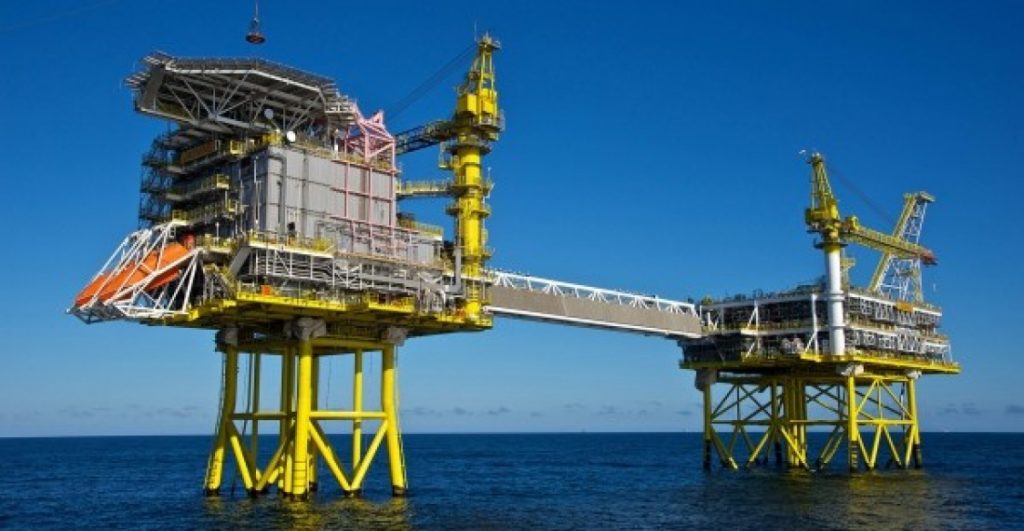Egypt’s natural gas production has tumbled to its lowest point since February 2018, as per a recent data from the Joint Organisations Data Initiative (JODI), reported by Bloomberg. This significant decline could compel the North African nation to transition from being an exporter of natural gas to increasingly depending on Liquefied Natural Gas (LNG) imports.
The figures also indicated a notable decrease in Egypt’s oil output, which dropped from a high of 6,133 million m3 in March 2021 to 4,288 million m3 in May this year, representing a 30 per cent fall.
JODI, which is coordinated by the International Energy Forum (IEF), strives to boost market transparency and stability, enhance energy security, and support sustainable energy transitions.

The drop in gas production last month led to substantial disruptions, with major fertiliser manufacturers ceasing operations as gas supplies were rerouted to power plants to address a power outage crisis. In a televised press conference last week, Prime Minister Mostafa Madbouly revealed that daily electricity consumption had surged to over 37 gigawatts, a 12 per cent rise from the previous year, resulting in a 4-gigawatt shortfall.
To combat this, Madbouly announced an acceleration of renewable energy initiatives, with the goal of increasing the share of electricity derived from renewable sources to 58 per cent, up from the current 20 per cent.
Furthermore, the government proclaimed the cessation of power outages as of yesterday following the EU’s approval of a $57 billion financing package. Last Tuesday, Egypt confirmed it had received five out of the 21 LNG shipments contracted in June to fuel power plants and mitigate the natural gas shortage.
Despite the discovery of new gas fields in the Mediterranean, the early summer heat waves have worsened the situation, necessitating the import of LNG cargoes to meet domestic power demands and avert rolling blackouts.


